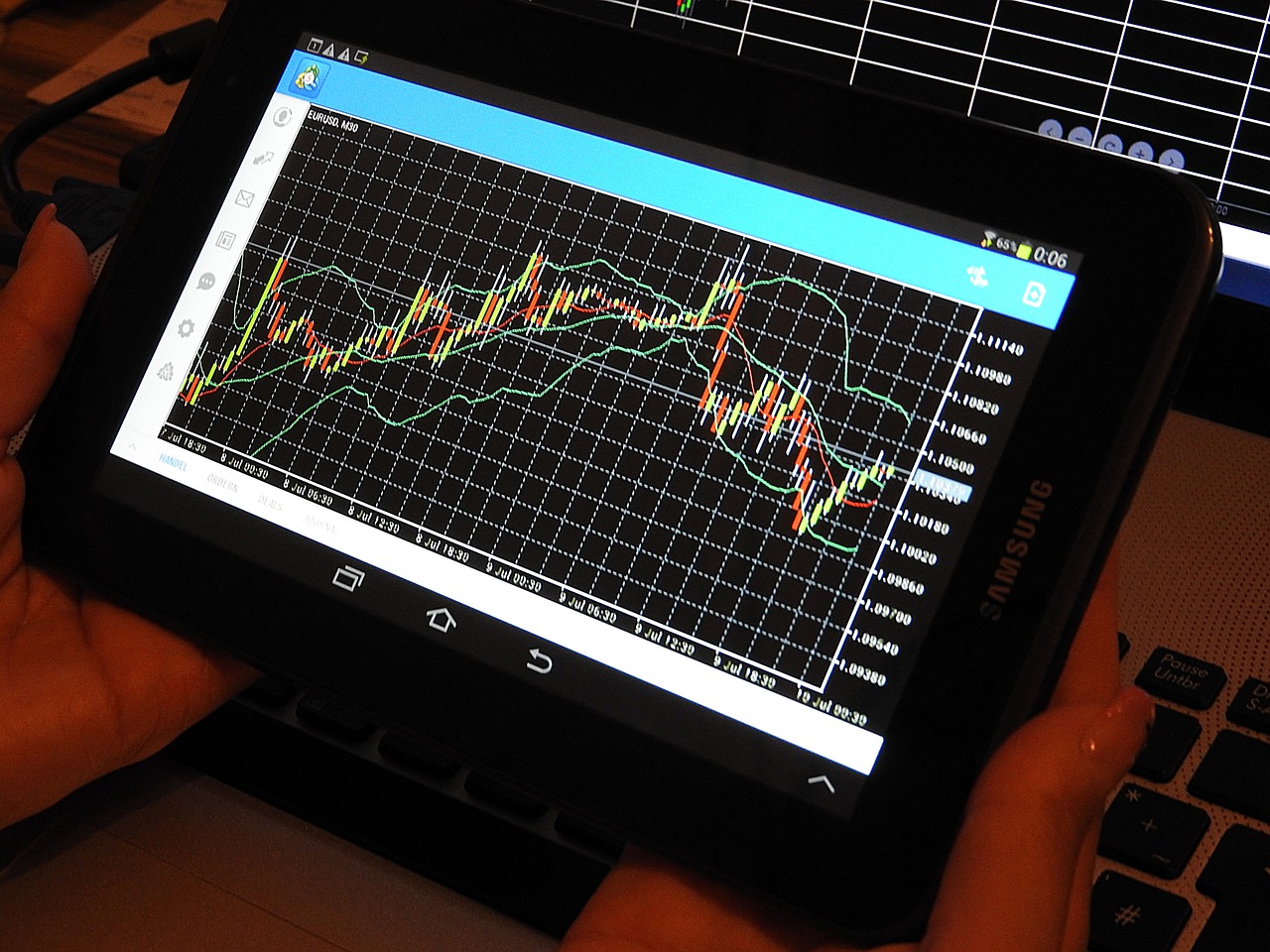Nigeria Continues Its Momentum of Growth with Increase in Crude Oil Production

The Nigerian economy recorded a growth of 0.5% in the first quarter as crude production increased and oil prices went up. This was because of the activities gradually gaining momentum following the easing of the Covid-19 lockdown.
According to the Abuja-based National Bureau of Statistics Nigeria’s economy grew by 0.5% in the first quarter this year as compared to last year. They published the data through a report on Twitter. This data was in contrast with a growth of 0.11% in the fourth quarter, signifying two consecutive years of growth. An average of estimates for the growth by three economists was calculated to amount to 0.9%.
Africa’s largest economy Nigeria exited its second recession since 2016 in the fourth quarter despite a full-year contraction in 2020. The growth was recorded after the activities gradually gained momentum after the relaxation in the Covid-19 lockdowns.
Nigeria had been grappling with low growth before the Covid-19 pandemic triggered a recession and created large financing gaps. This included the shortage of dollars and an increase in the rate of inflation. Nevertheless, in the first quarter of this year, the growth rate was slower than 1.87%.
Godwin Emefiele’s, the Governor of the central bank had expressed that it was early to raise the interest rates from 11.5%. It is this view of the Governor only that is being reinforced by the sluggish pick-up in growth. According to him, it was only after the country recovered from last year’s recession could they fight back the current inflation.
Crude prices were up by 70 barrels last week but they were down the next day. It was on renewed demand concerns. As Covid-19, cases in Asia were going up there were fears that rising inflation might lead to US Federal Reserves to raise rates. This could resultantly limit growth in the economy. The oil that comes for two-thirds of Nigerian government revenue and 90% of foreign exchange contracted 2.2% in the first quarter as crude production was up 1.72 million barrels per day from the fourth quarter. In the last quarter of last year, this crude production was up to 1.56 million barrels. While the drop in Oil GDP in the last three months was 19.8%.
Though oil contributes less than 10% of Nigeria’s GDP, nonetheless it is a principal driving force of growth. It provides a significant amount of the hard currency required to control and operate other industries and fund the government.
Production is lower than pre-covid-19 lockdowns but the economic growth seems to be gradual but continuous and overall Nigeria is on a road to recovery. Nigeria has also resumed inoculating its 200 million citizens after it directed its regions to stop giving the first dozes of AstraZeneca. Such limitations were placed last month after they used half their current stock to safeguard supply for the second dose.


















